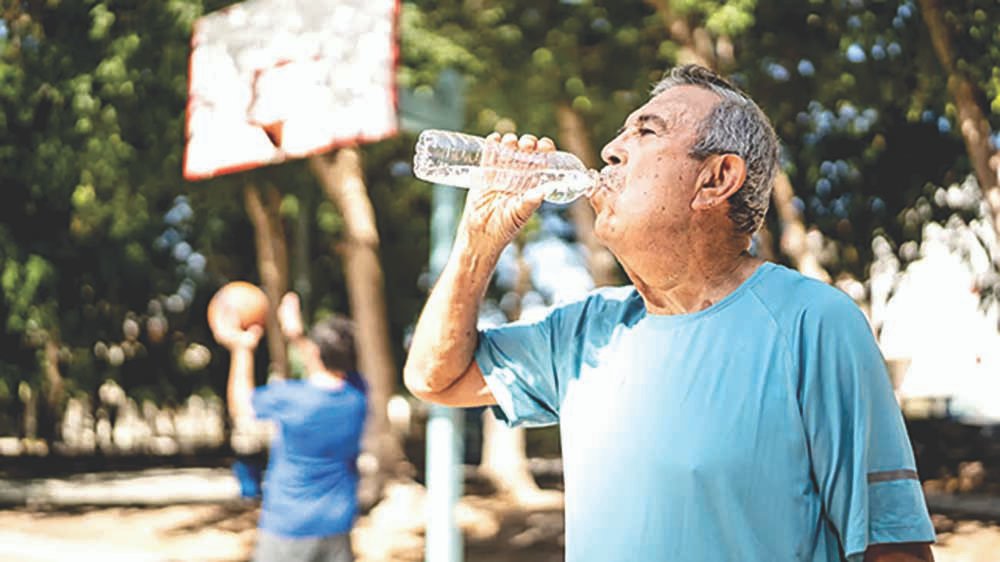As summer draws to a close and extreme temperatures fade into the rearview, heat advisories persist across some parts of the United States.
Data from the Centers for Disease Control and Prevention (CDC) show that when the heat index is high, so is the risk of heat-related illness.
Cardiovascular risks, especially for older adults living in low socioeconomic status, are of particular concern.
A recent study published in Scientific ReportsTrusted Source highlights how social determinants of health affect cardiovascular risk. The findings indicate that people living in low-income status with limited healthcare access face higher risks of death from cardiovascular disease.
As heat-related health risks are projected to double over the next two decades, the American Heart Association (AHA)Trusted Source warns these risks could be deadly for those with heart disease.
Heat-induced dehydration can place stress on the heart and raise the risk for serious cardiac events, such as heart valve failure (HVF).
Healthline recently spoke with Marah to learn more about heat-related cardiovascular risks like HVF and how to protect your heart health during heat waves.
The body’s primary response to high temperatures is peripheral vasodilation, which is the widening of arteries or blood vessels to facilitate heat dissipation. This leads to lower blood pressure and an elevated heart rate.
Additionally, fluid loss, dehydration, and electrolyte imbalances from sweating collectively worsen conditions like heart failure, coronary artery disease, and heart rhythm abnormalities.
In those with heart valve issues or compromised cardiac function, the effects can be far more dangerous.
Heat exhaustion is most likely caused by recent heat exposure and typically includes symptoms like: heavy sweating, fatigue, weakness, dizziness, nausea and cool, clammy skin.
It’s usually related to dehydration from fluid loss and improves with rest, cooling, and rehydration.
Protecting your heart during heatwaves involves both lifestyle adjustments and, in some cases, medication management.
Some key strategies include: staying well-hydrated, avoiding outdoor strenuous activity during peak heat, using air conditioning or seeking cool environments, dressing in light, breathable fabrics. Most importantly, monitor for early symptoms of decompensation, including shortness of breath, chest pain, and palpitation.
Don’t hesitate to review your medications with your doctors, and ask if dose adjustments may be necessary during heatwave alerts.
(Healthline)
Wednesday, February 25, 2026

